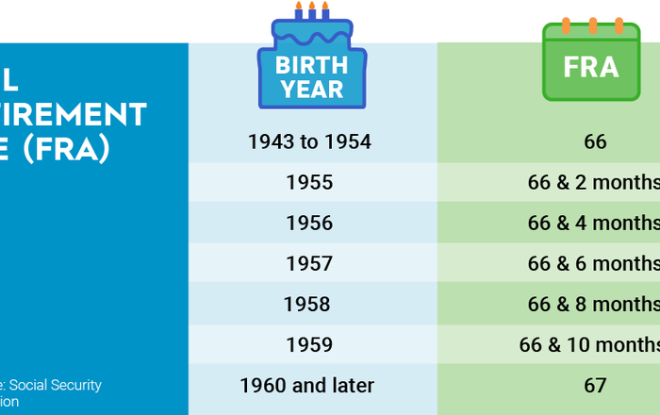Spirit Airlines might really go bankrupt this time — and the stock plunges 57%
Spirit Airlines (SAVE) stock was sinking sharply Wednesday, after a report late Tuesday indicated that the ultra-low-cost carrier is preparing to file for bankruptcy.
The Wall Street Journal (NWSA), citing unnamed sources familiar with the matter, reports that the bankruptcy talks come after a potential merger with Frontier Airlines fell apart. A bankruptcy filing could happen within weeks, The Journal reports, as the airline has faced steep losses and looming debt costs.
Spirit Airlines stock was down almost 65% in pre-market trading on Wednesday, to $1.14 per share. It rebounded slightly after markets opened to trade down about 57%, at $1.38 per share. The stock has lost almost 92%so far this year.
The talks between Spirit and Frontier came after Spirit’s failed attempt at merging with JetBlue (JBLU). And it wasn’t the first time that Frontier and Spirit explored a merger. The airlines had been in on-and-off merger talks since 2016. In February 2022, the companies announced a $2.9 billion definitive merger agreement. That deal fell apart in July of that year.
Spirit abandoned that deal for another offer from another low-cost rival: JetBlue. But after a federal judge blocked the merger over concerns that the combination of the two budget airlines would be anti-competitive, Spirit and JetBlue called off their $3.8 billion deal this past March.
Since then, Spirit has struggled to find its footing (and JetBlue isn’t faring much better). Speculation has swirled for months that Spirit might be approaching insolvency.
In a recent regulatory filing, the company said it had pushed back its deadline to refinance roughly $1.1 billion in debt until Dec. 23. Spirit also said it had borrowed the entirety of a $300 million revolving credit facility it had set up in March 2020. Borrowings under that facility are scheduled to mature at the end of September 2026. The company also reiterated at the time that it expects to end 2024 with more than $1 billion in liquidity.
— Rocio Fabbro and Melvin Backman contributed to this article.




Leave a Reply